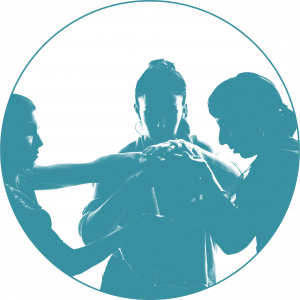
Dance movement therapists belonging to member organisations of the EADMT agree to work with social and legal responsibility. This entails personal responsibility towards their professional tasks and towards those persons with whom they enter into a professional relationship.
This Ethical Code serves to orientate members in their professional behaviour with their clients/patients as well as with their colleagues, and to act as a foundation for all ethical codes concerning member organisations within the EADMT.
EADMT Ethical Code 2010
Please refer to Article 7: Responsibilities of EADMT member organisations and delegates for further clarification
Establishing the EADMT Ethics Committee
- The committee will consist of 3 people, one of whom will be the President of EADMT
- The committee will be elected for a period of 3 years, and can be re-elected for a further 2 terms
- Ethics committee members will be drawn from the Delegates of the Professional Full Member Associations
- Such Delegates should be recognised as senior professionals within the DMT profession in their Association
- If a complaint concerns the national Association that the Delegate represents, a further Board Member will be identified to take the place of this Delegate.
- If a complaint concerns the country of origin of the President or the substitute Board Member a ‘conflict of interest’ must be registered and an alternative Delegate be elected as substitute.
NB: The EADMT Board wishes to encourage each Member Association to be aware of the responsibilities of the Delegate who represents them. The Board further clarifies EADMT’s expectation that Delegates are drawn from senior practitioner/members of each national association. In this way, if a Delegate takes up a role on one of the EADMT committees (i.e., Membership or Ethics) they should retain their position as Delegate for their Association for at least 3 years.
Adopted by EADMT General Assembly October 5th 2014
